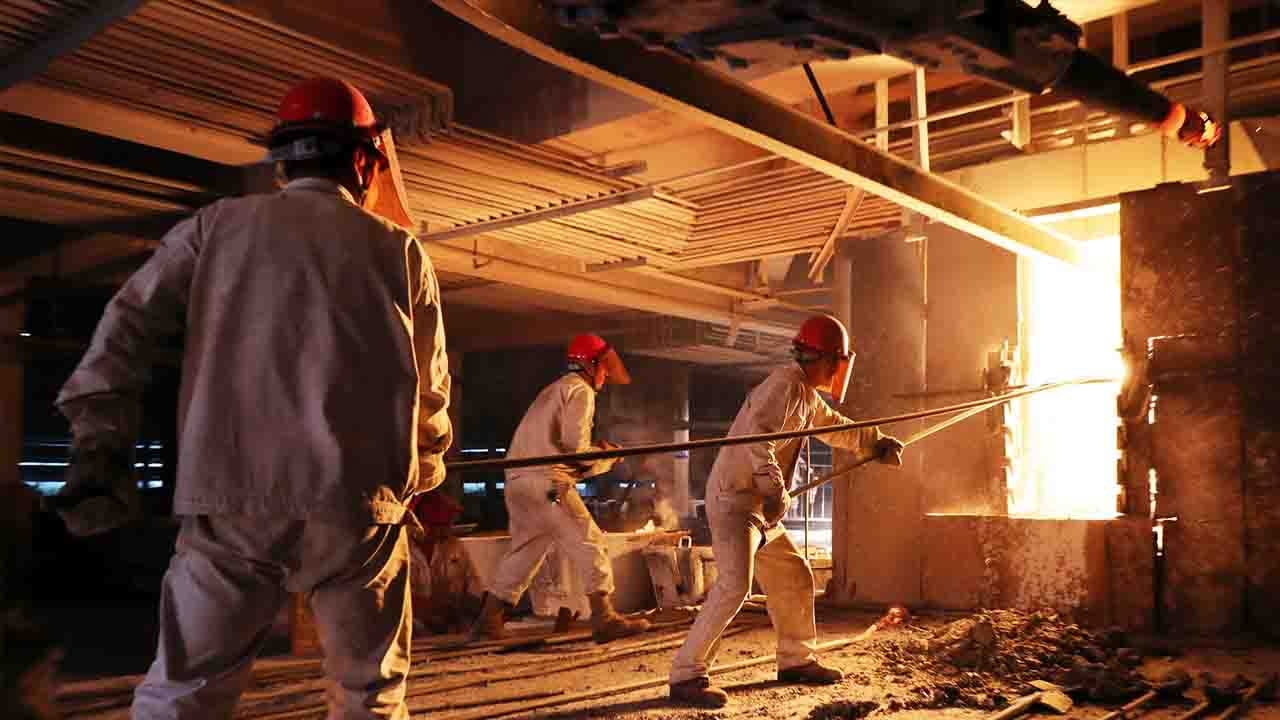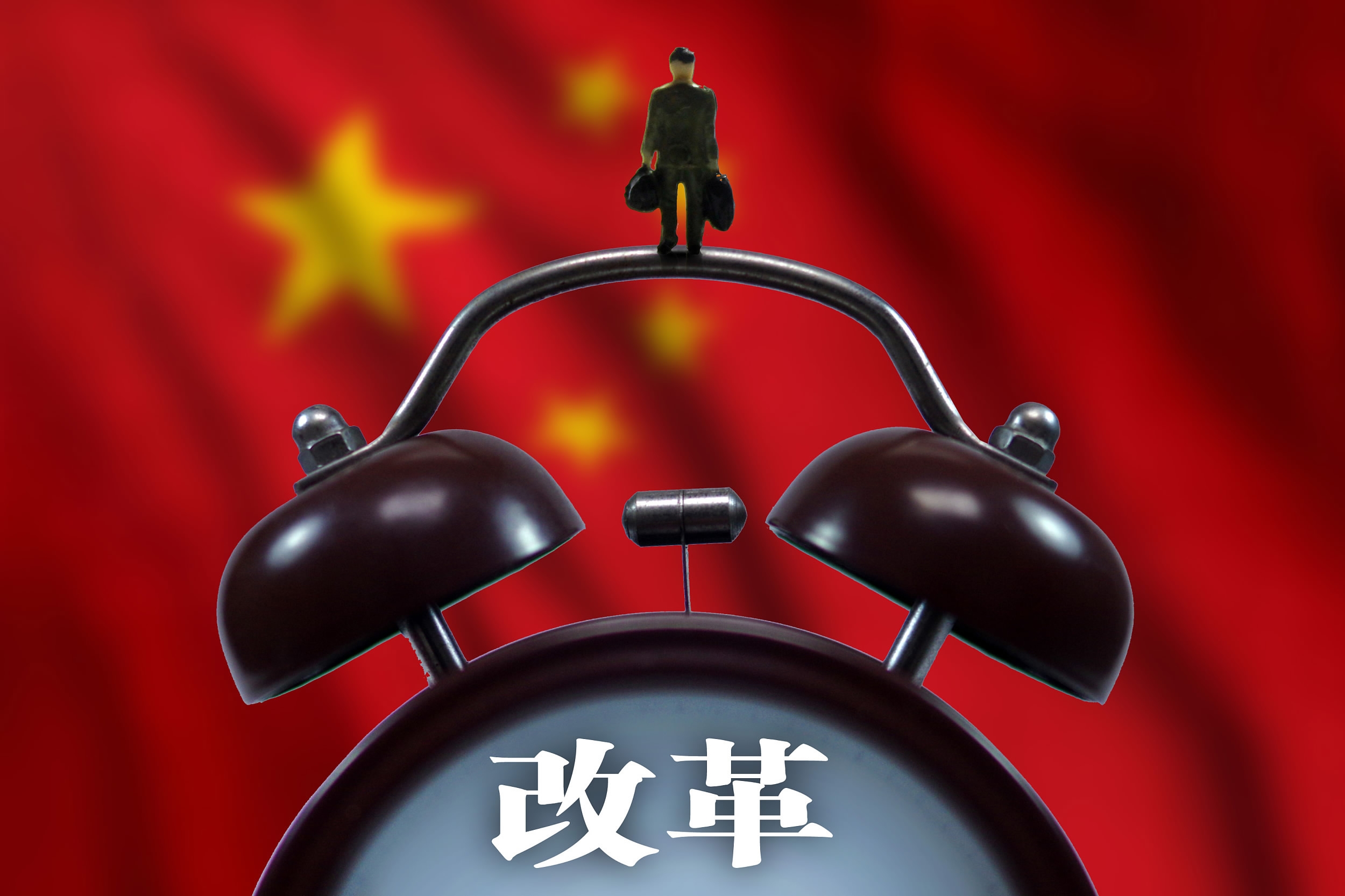
Business
23:12, 23-Aug-2017
China to step up deleveraging in central SOEs
CGTN

China will channel more energy into deleveraging in state-owned enterprises (SOEs) administered by the central government amid improving corporate performance.
A State Council meeting presided over by Premier Li Keqiang Wednesday agreed the work will be a priority in the ongoing national campaign to bring down debt levels, according to an official statement.
Central SOEs have made headway in cutting outdated capacity, reining in debt risks and improving competitiveness, the statement said.
Combined profits of central SOEs rallied 16.4 percent year on year in the first seven months, in contrast to a 3.7-percent drop in the same period of 2016. The debt-to-asset ratio edged down 0.2 percentage point from the beginning of the year.

VCG Photo
VCG Photo
Given the favorable conditions, more efforts are needed to dissolve the debt of SOEs and a guideline will be formulated, according to the meeting.
"Warning lines" of debt ratios will be drawn for state firms. Those breaching the limits will see bigger weighting of debt management in their annual assessment and will be banned from making a debt-fueled investment.
The government will encourage SOEs to adopt multiple means to reduce debt. Rapidly growing firms will be allowed to use part of their profits to repay debt. Those with low debt ratios or strong earnings power can include costs of capacity cuts and other reform measures into current losses.
A document on assets disposal of bloated steel and coal companies will be rolled out to guide SOEs to replenish capital for transformation.
Debt-to-equity swaps will be pushed forward, with state investment funds to be encouraged to participate in the process. Central SOEs should speed up the pace of mergers and acquisitions.
The regulators will implement stricter accountability systems to prevent piling corporate debt.
The meeting agreed that the deleveraging should help China's economic shift and restructuring.
There will be more effective measures to eliminate excess steel and coal capacity and tackle "zombie companies." New capacity in thermal power, electrolytic aluminum and construction materials will be under rigorous control.
Meanwhile, the "Internet Plus" and "Made in China 2025" plans will continue to be propelled to foster the new economy and reorganize traditional industries.
During the meeting, policymakers also discussed measures to stimulate technological innovation. Equity and option incentive plans in state-owned tech-firms will be expanded.
Favorable policies including tax reductions for tech firms will be further implemented.
Source(s): Xinhua News Agency

SITEMAP
Copyright © 2018 CGTN. Beijing ICP prepared NO.16065310-3
Copyright © 2018 CGTN. Beijing ICP prepared NO.16065310-3